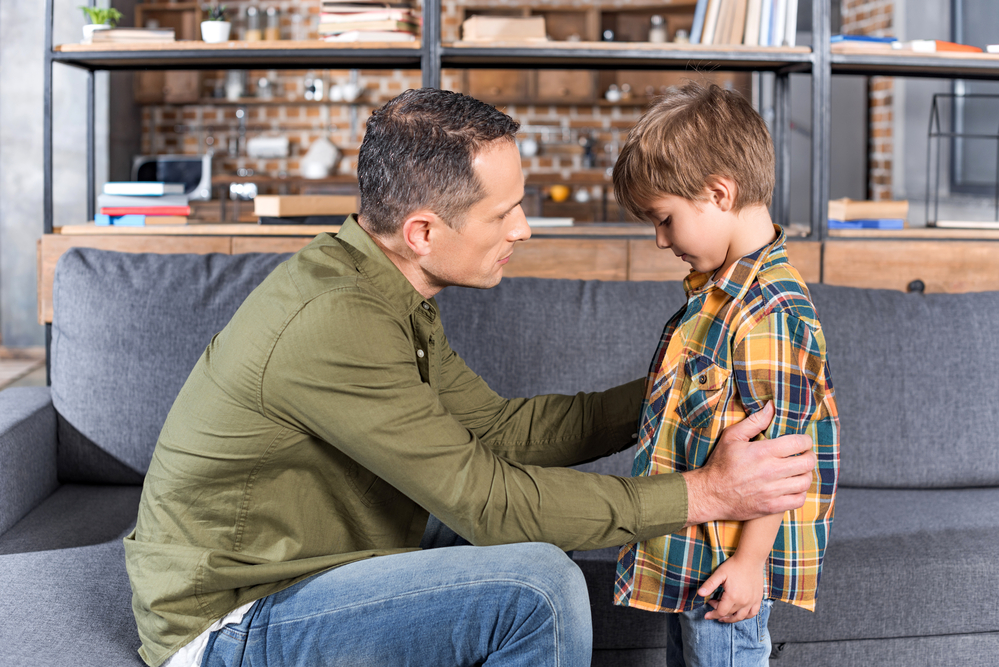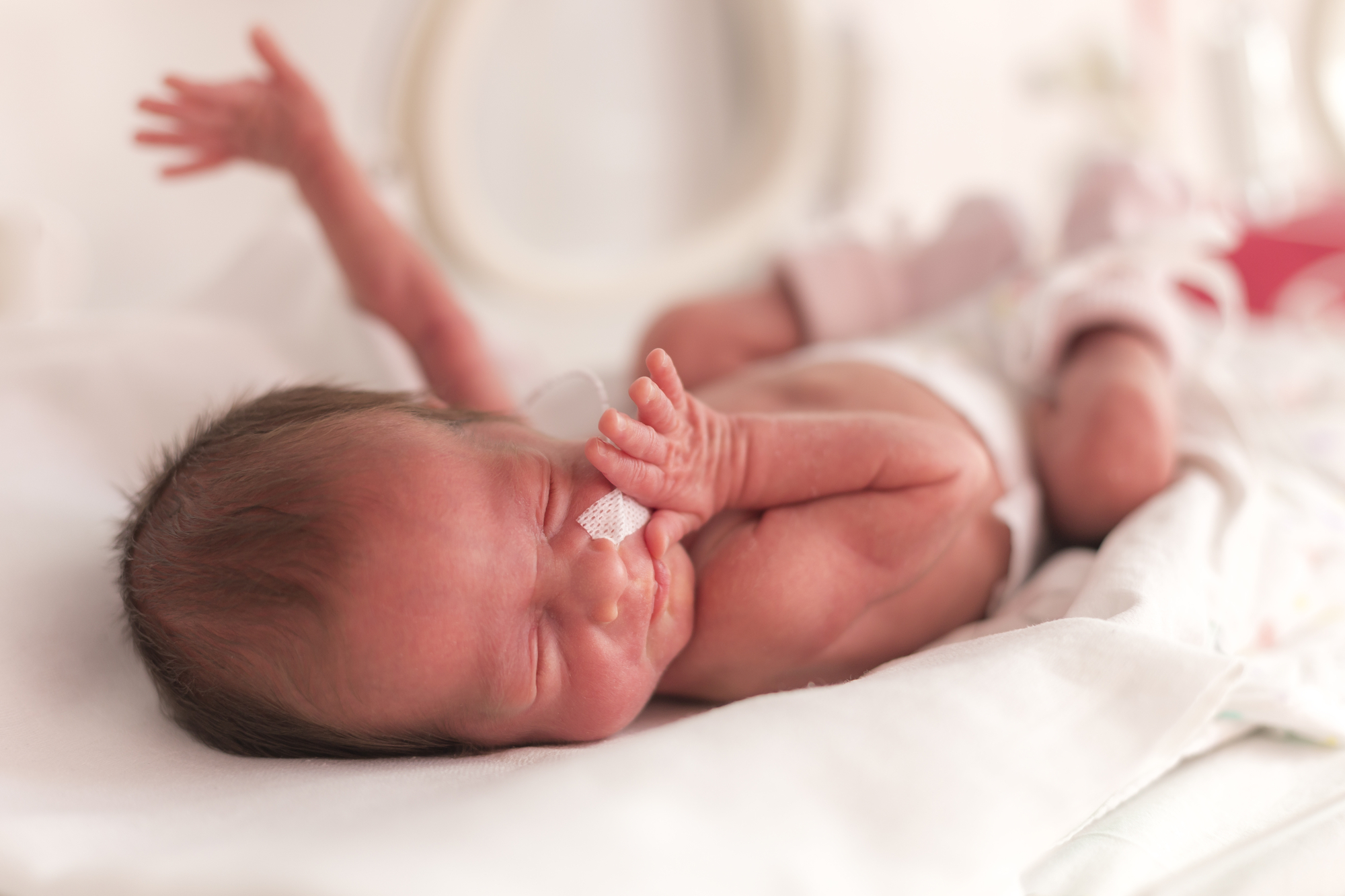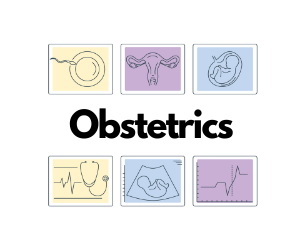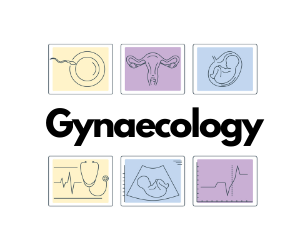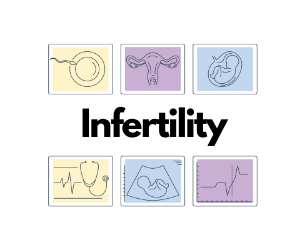You’ve survived the pregnancy with its associated nausea, vomiting, exhaustion and backache as well as the hours of labour and finally the delivery of your baby, which may or may not have gone the way you had hoped or planned for in your birth plan.
Well done!! But now some would argue, the real work begins.
Eventually, the memories of heartburn, swollen ankles and backache will fade. Your perineum and vagina will heal and you are left with your bouncing bundle of joy and what is supposed to be one of the happiest times in your life as you and your partner begin to experience the world with a new baby.
Why then, is it that for some women, taking baby home can be a time of great unease and anxiety as they grapple with a whole new set of challenges? The sleep deprivation that comes with nighttime feeding and nappy changes as well as all the other changes that are happening in their lives, relationships, home situation and career, can appear quite insurmountable and lead to women feeling overwhelmed and generally down.
Everyone has heard about the day three blues which occur on around day 3-4. This also happens to be the time when your milk comes in, discharge from hospital becomes a reality and rapidly changing hormone levels cause teariness, physical discomfort and a sense of unease. Sometimes, these feelings don’t settle in just a few days and can last longer.
There are a few simple things that every new mum can do to help make life a little easier.
Remember to talk about how you are feeling
Chat with your partner or supportive friend about what is going on in your life and how you feel about it. Most people find this forerunner to modern psychotherapy useful, cheap and fun. The old adage “a problem shared is a problem halved” may not be as trite as it sounds and many women draw comfort and benefit from interaction with other young mums going through the same sorts of issues. This is also the basis of the mothers groups or playgroups that are so popular.
But, a word of caution!
Beware the “Supermum” .
As David Attenborough might be tempted to describe them, Supermums are unique in the animal kingdom, only found in human animal packs. This group is inhabited by a number of mother animals who dutifully arrange play dates and meetings with other mother-cub pairs, in trendy inner-city parks and coffee shops. They normally attend these gatherings, fresh from the hairdresser with perfect nails and hair and their sole reason for attendance at these jamborees is to show everyone else how wonderfully well they are doing.
The supermum and her offspring are spotless, wear designer clothes and are always smiling. Their babies sleep right through the night almost from the get go and their sex life is always better than yours. They really don’t see why women complain, after all, they do it effortlessly. Think Charlotte from Sex and the City on a bad day!
But scratch the surface and you’ll find these Stepford mothers are more than likely having the same difficulties and concerns as you are, they’re just not being honest about it! If meeting other young mums and babies makes you feel better about yourself, then by all means go for it but if you leave one of these gatherings feeling worse about yourself, this is not the right playgroup for you. As Marie Condo would say “keep only the things (or in this case, groups of people) that speak to the heart and discard items that no longer spark joy”. It seems decluttering can be useful in all aspects of your life.
Use all the help available to you
Grandparents, uncles, aunts, friends or older siblings are a wonderful resource and frequently actually look forward to holding the fort while you go and have some ME time. Go to the hairdresser, see a movie, have a facial, go to the gym and sweat it out on the treadmill or just sit in the park and read a book. Even just some uninterrupted SLEEP, secure in the knowledge that you don’t have to be the mum on duty for this period of time can have a truly beneficial effect on your mood and help put things into perspective.
Finally, don’t be too hard on yourself
In a lot of cases, mothers can become their own worst critic. There is absolutely nothing wrong with a messy house, still wearing pyjamas at 3 o’clock in the afternoon with food stains on them, dirty hair and nothing but cereal in the pantry if your child is well looked after and you make a mental note to make use of the online grocery shopping option or use a trip to the supermarket as an excuse to get out of the house.
Where to go for specialised help
If feelings of self- doubt, anxiety and generally feeling uncomfortable about things aren’t resolving, it may actually be a sign that you are developing a more severe case of the blues that can lead to postnatal depression.
Tell-tale signs include feelings of helplessness, unrelenting anxiety and a feeling of not coping. A feeling that things are never going to get any better and that you will never be able to manage your new life juggling all the demands on your time. Postnatal depression can affect appetite, sleep, mood and energy levels as well as your relationship with your partner and lead to an overwhelming sense of hopelessness where you feel you just can’t find your way out of the black hole you’ve fallen into.
Luckily, awareness of psychological issues generally, and postnatal depression specifically, is much better than it used to be. Not only are women and their families more open to talk about their feelings and how they are managing, but there are now federal government mandated checks that all pregnant women must have.
The so-called Edinburgh Postnatal Depression Scale (EPDS) is a 10 item questionnaire that women are asked to complete both during the pregnancy and then again at the routine six week postnatal checkup. It is used to screen women for symptoms of emotional distress during pregnancy and the postnatal period. It is a good way to start the conversation around mental health issues and doesn’t shy away from the hard questions, including one question specifically asking whether the woman has any thoughts of self-harm or suicide.
Coupled with the clinical assessment from your GP, obstetrician or midwife, the EPDS can help find women who are struggling and would benefit from referral to a psychologist or psychiatrist for specialised professional help. If need be, effective drug therapy is available that is safe to take during breastfeeding. There are also specialised mother baby mental health units available in most capital cities.
Being aware of these simple measures and knowing where to go for more specialised help, can go a long way towards making those first few months after you bring a baby home easier, for both you and your family.
If you or a loved one are worried about coping with a new baby, please visit your GP or specialist or go to www.beyondblue.org.au or www.gidgetfoundation.org.au to access help.




